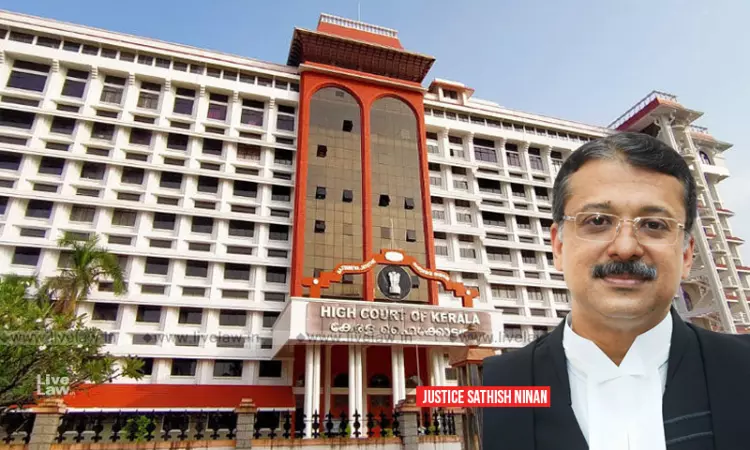Party Pleadings Become Public Documents U/S 74(2) Evidence Act Once Submitted To Court: Kerala High Court
Tellmy Jolly
16 Aug 2023 4:15 PM IST

Next Story
16 Aug 2023 4:15 PM IST
The Kerala High Court has recently held that pleadings of parties filed in a court partake the nature of a public document under Section 74(2) of the Indian Evidence Act.Justice Sathish Ninan clarified that private party pleadings, upon submission to the Court, transform into public records due to Court custody and association with a public office, falling within the purview of Section...
